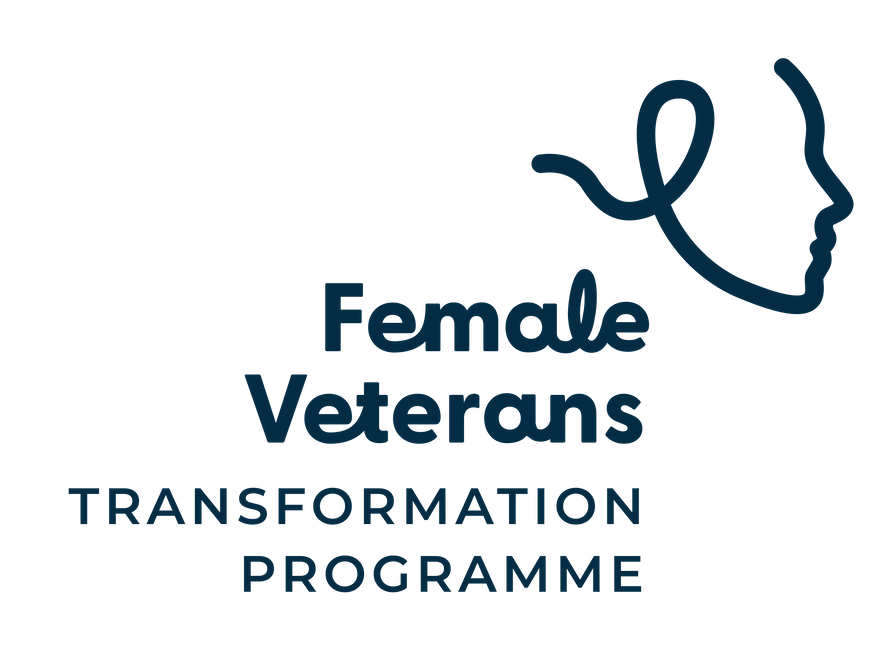Female veterans in history: The unyielding spirit of Noor Inayat Khan
In the annals of military history, the courage and espionage of Noor Inayat Khan stand as a testament to the extraordinary contributions of women in wartime. Born on January 1, 1914, in Moscow, to an Indian father and an American mother, Noor's life was a mosaic of cultures, beliefs, and ultimately, heroism.
Raised in the Sufi tradition of peace and nonviolence, Noor's destiny seemed worlds apart from the covert operations of wartime espionage. However, when World War 2 ravaged Europe, she felt a strong moral obligation to act. She joined the Women's Auxiliary Air Force (WAAF) in November 1940, where her multilingual skills and serene determination made her an ideal candidate for the Special Operations Executive (SOE) – an organisation set up to conduct espionage, sabotage, and reconnaissance in occupied Europe.
Trained as a wireless operator, Noor was the first woman radio operator sent into Nazi-occupied France in 1943, under the codename "Madeleine." With her quiet defiance, she ran a spy circuit in Paris, relaying crucial information back to London. Despite the Gestapo's relentless efforts to dismantle the SOE network, Noor remained the last vital link.
Her bravery was not without peril. Betrayed by a French double agent, Noor was captured and subjected to interrogation and solitary confinement. She made two daring escape attempts, both thwarted by the enemy. Despite harsh treatment, she never betrayed her comrades or her mission. In September 1944, her resistance ended tragically at the Dachau concentration camp, where she was executed.
Noor Inayat Khan's legacy is a stirring reminder of the indomitable spirit and sacrifice of women in military history. Awarded the George Cross and the Croix de Guerre for her valiant service, Noor remains a symbol of courage, resilience, and the fight for freedom.
Those interested in delving deeper into the life of this remarkable woman can explore: "Spy Princess: The Life of Noor Inayat Khan" by Shrabani Basu, which provides a compelling account of her bravery and contributions during the war.
Additionally, more information can be found on the official website of the Noor Inayat Khan Memorial Trust (noormemorial.org), which honours her memory and educates the public about her extraordinary life and service.
Noor Inayat Khan's story is not just a chapter from the past; it is an ongoing inspiration for all, especially for Women veterans, who continue to shape their own narratives of strength and service in the modern world.
Thank you to Alie Salford, Programme Lead for Head Start Psychological Therapies at Walking With The Wounded. Alie’s work ensures high-quality, evidence-based care for the British ex-armed forces community, addressing their unique psychological wellbeing and employment needs. With over 20 years of experience in mental health and psychological interventions, she brings a wealth of expertise whilst undertaking clinical work with the Trusted Relationship Project and advisory positions with the Veterans Advisory & Pensions Committee and the Royal College of Psychiatrists.

